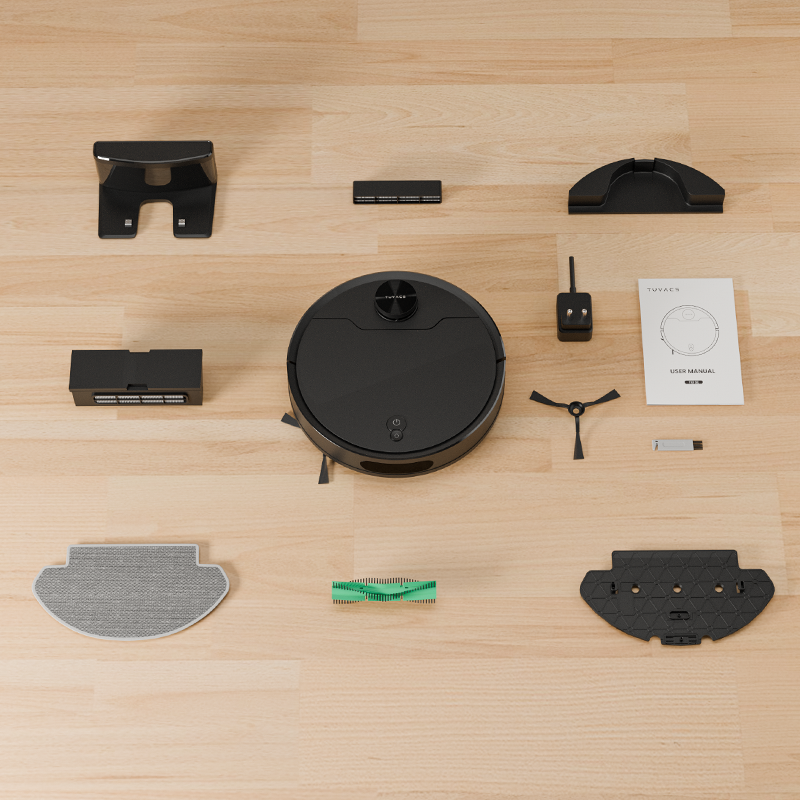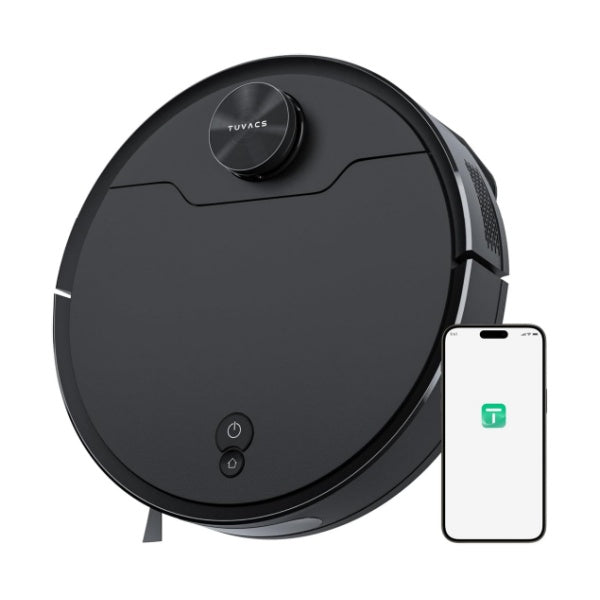
“Cleanliness is next to godliness.” This age-old adage underscores the importance of maintaining a clean environment, and household vacuum cleaners play a pivotal role in achieving that goal. However, beyond their practical utility lies a complex web of legal regulations that govern their production and sale.
The Regulatory Landscape Surrounding Household Vacuum Cleaners
Household vacuum cleaners are not merely appliances; they are subject to various legal frameworks designed to ensure safety, efficiency, and environmental compliance. These regulations encompass standards for energy consumption, noise levels, and material safety. In the context of Mergers and Acquisitions (M&A), understanding these regulatory attributes becomes crucial as companies navigate potential acquisitions or partnerships within this sector. Compliance with existing laws can significantly impact valuation and operational integration during such transactions.
Robot Vacuums on Sale: A Case Study in Mergers and Acquisitions Regulations
The rise of robot vacuums has introduced new dynamics into the market that warrant careful consideration under M&A regulations. As these devices become increasingly popular among consumers, companies involved in their manufacture must adhere to specific guidelines regarding data privacy—especially since many models collect user information for enhanced functionality. Additionally, intellectual property rights concerning software algorithms used in robotic cleaning technology can complicate acquisition negotiations if not properly addressed within regulatory frameworks.
Find more about robot vacuum and mop on sale.
Tuvacs: An Examination Under Mergers and Acquisitions Regulations
Tuvacs represents an innovative player in the household vacuum cleaner market with its unique approach to design and functionality. When considering Tuvacs from an M&A perspective, it is essential to evaluate how its proprietary technologies align with current regulatory requirements governing product safety certifications and consumer protection laws. Furthermore, any potential merger involving Tuvacs would necessitate thorough due diligence regarding ongoing compliance issues related to environmental sustainability practices—a growing concern among regulators worldwide.
Conclusion

In summary, household vacuum cleaners operate within a multifaceted legal framework that encompasses various aspects of regulation—from product safety standards to environmental considerations—all critical when navigating mergers or acquisitions within this industry. Understanding these elements will empower stakeholders to make informed decisions while ensuring compliance throughout all stages of business operations.
